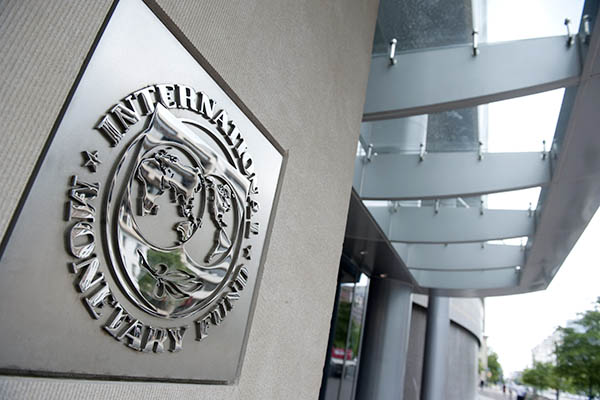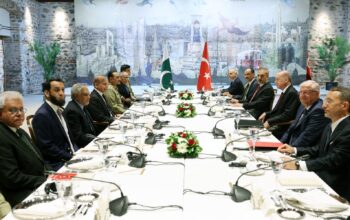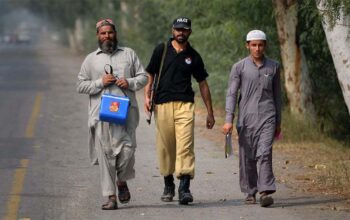By Staff Reporter
Pakistan has agreed to nine key reforms as part of a $3 billion stand-by arrangement with the International Monetary Fund (IMF), local media reported on Tuesday.
The reforms include boosting tax revenues, implementing financial discipline, carrying out energy reforms, letting the market determine the exchange rate, lifting trade restrictions, honoring commitments to lenders, boosting foreign exchange reserves, and reforming state institutions.
The country also pledged not to offer any new tax amnesty schemes during the nine-month program, according to a letter of intent signed by Finance Minister Ishaq Dar and State Bank Governor Jameel Ahmed.
Pakistan expects to receive $1 billion from the IMF within days after the board approves the deal, which could happen as early as July 12.
The program aims to build up a buffer of foreign exchange reserves to cope with any external shocks to the economy. Pakistan’s foreign exchange reserves have fallen sharply in recent years due to a widening current account deficit and debt repayments.
Pakistan has promised to raise its gross reserves by $7.65 billion to $11.7 billion by June 2024, enough to cover 1.8 months of imports.
To achieve this target, Pakistan will have to secure $15 billion in external financing from multilateral and bilateral creditors in the current fiscal year that started on July 1. This includes seeking additional deposits of $2 billion from Saudi Arabia and $1 billion from the UAE, as well as loans from the Islamic Development Bank, the World Bank, the Asian Development Bank, and the Asian Infrastructure Investment Bank.
Pakistan will also have to persuade China, Saudi Arabia, and the UAE to roll over their existing deposits of $2 billion, $3 billion, and around $2 billion respectively.
The program outlines key reforms in fiscal and energy sectors that Pakistan has agreed to undertake to address slippages in its accounts. These include raising power and gas tariffs as determined by regulators and curbing circular debt in the energy sector.
The country will undergo two reviews by the IMF mission in September and December 2023 as part of the program. Each review could unlock a $1 billion installment from the IMF.
The baseline power tariff would be raised in line with the final determination of NEPRA, the national electricity regulator. The oil and gas regulator OGRA had recommended increasing it by 45 to 50 percent for two gas utilities in early June. If the government does not decide otherwise, the new gas tariff will be notified in mid-July. Pakistan’s power tariff has been lagging behind the cost of production, leading to circular debt in the energy sector.
Copyright © 2021 Independent Pakistan | All rights reserved




